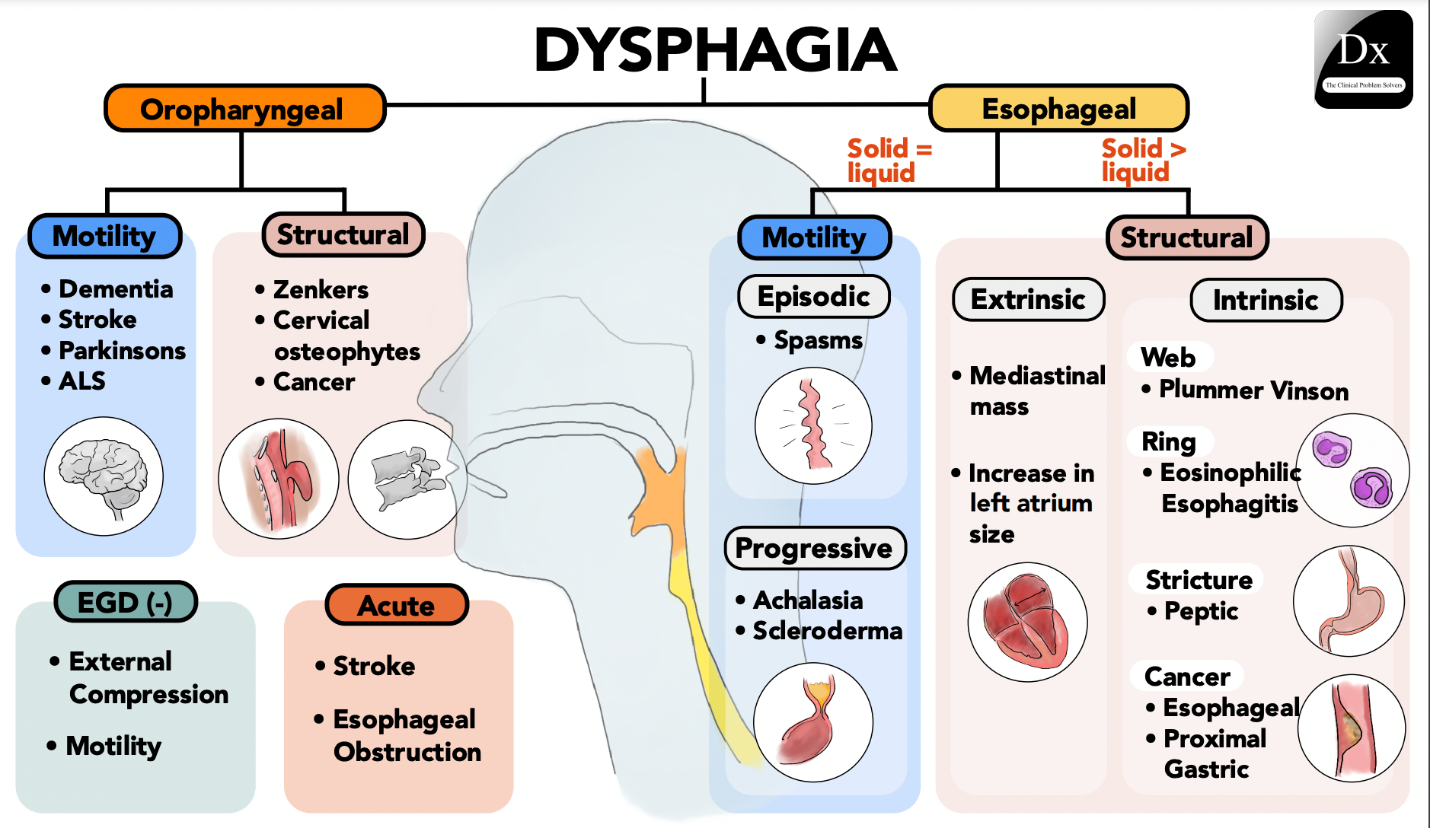A nurse is caring for a client who is taking sertraline and reports desire to begin taking supplements. Which of the following supplements should the nurse advise the client to avoid?
St. John's Wort
Coenzyme Q10
Black cohosh
Ginger root
The Correct Answer is A
A. Correct Answer: St. John's Wort
Explanation: The nurse should advise the client to avoid taking St. John's Wort. St. John's Wort is an herbal supplement commonly used to treat depression and anxiety. However, it can have significant interactions with various medications, including sertraline. Sertraline is an antidepressant that belongs to the selective serotonin reuptake inhibitor (SSRI) class. St. John's Wort can increase serotonin levels in the brain, and when combined with medications that also affect serotonin levels (such as sertraline), it can lead to a potentially dangerous condition known as serotonin syndrome. Therefore, it's important to avoid St. John's Wort while taking sertraline to prevent adverse effects and interactions.
B. Incorrect Explanation: Coenzyme Q10
Explanation: Coenzyme Q10 (CoQ10) is a naturally occurring antioxidant that plays a role in energy production within cells. While CoQ10 is generally considered safe, it does not have known interactions with sertraline. Therefore, the nurse would not necessarily advise the client to avoid CoQ10 solely based on its potential interaction with sertraline.
C. Incorrect Explanation: Black Cohosh
Explanation: Black cohosh is an herbal supplement often used to manage symptoms of menopause. It is not typically known to have significant interactions with sertraline. However, it's important for the client to discuss any supplements with their healthcare provider before starting them, especially when taking prescribed medications. The nurse might not necessarily advise the client to avoid black cohosh unless there are specific concerns based on the client's medical history.
D. Incorrect Explanation: Ginger Root
Explanation: Ginger root is a commonly used spice and herbal remedy. It does not have known interactions with sertraline and is generally considered safe for most people. However, as with any supplement, it's a good practice to consult with a healthcare provider before starting it, especially when taking prescribed medications like sertraline. The nurse would not necessarily advise the client to avoid ginger root without specific reasons related to the client's health.
Nursing Test Bank
Naxlex Comprehensive Predictor Exams
Related Questions
Correct Answer is B
Explanation
A. Chronic kidney disease:
While high doses of acetaminophen can cause renal injury, it is not absolutely contraindicated in CKD. Acetaminophen is actually preferred over NSAIDs, which can worsen kidney function.
B. Alcohol use disorder:
Acetaminophen (Tylenol) is primarily metabolized in the liver. Clients with alcohol use disorder are at high risk for hepatotoxicity and liver failure, especially if they consume large amounts of alcohol or have pre-existing liver damage. Chronic alcohol use depletes glutathione, a substance needed to detoxify acetaminophen’s metabolites, increasing the risk of liver toxicity even at normal doses.
C. Hepatitis B vaccine within the last week:
Receiving the hepatitis B vaccine within the last week is not a contraindication for acetaminophen.
D. Diabetes mellitus:
Diabetes mellitus does not directly impact the use of acetaminophen. However, individuals with diabetes should be mindful of their overall health and potential interactions with other medications they might be taking.
Correct Answer is D
Explanation
A. Place the medications on the back of the client's tongue:
Incorrect Explanation: Placing medications on the back of the tongue can increase the risk of choking and aspiration, especially in individuals with dysphagia.
Explanation: Individuals with dysphagia have difficulty swallowing and are at an increased risk of choking or aspirating (inhaling) substances into the lungs. Placing medications on the back of the tongue can be unsafe and is not recommended.
B. Tilt the client's head back when administering the medications:
Incorrect Explanation: Tipping the head back can worsen swallowing difficulties and increase the risk of choking or aspiration.
Explanation: Tipping the head back can compromise the natural swallowing mechanism and increase the risk of aspiration. It's important to keep the client's head in an upright position to aid safe swallowing.
C. Administer more than one pill to the client at a time:
Incorrect Explanation: Administering multiple pills at once can increase the risk of choking and aspiration, especially in individuals with dysphagia.
Explanation: Administering multiple pills at once can overwhelm the client's ability to swallow safely. This action can increase the risk of choking and aspiration, which is especially dangerous for individuals with dysphagia.
D. Mix the medications with a semisolid food for the client:
Correct Answer: This action is appropriate and safer for administering medications to an older adult client with dysphagia.
Explanation: Mixing medications with semisolid food, such as applesauce or yogurt, can help the client swallow more easily and reduce the risk of choking or aspiration. It's important to check with the healthcare provider or pharmacist to ensure that the medications can be mixed with food and that there are no interactions.

Whether you are a student looking to ace your exams or a practicing nurse seeking to enhance your expertise , our nursing education contents will empower you with the confidence and competence to make a difference in the lives of patients and become a respected leader in the healthcare field.
Visit Naxlex, invest in your future and unlock endless possibilities with our unparalleled nursing education contents today
Report Wrong Answer on the Current Question
Do you disagree with the answer? If yes, what is your expected answer? Explain.
Kindly be descriptive with the issue you are facing.
